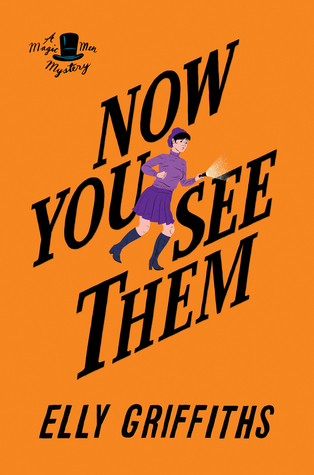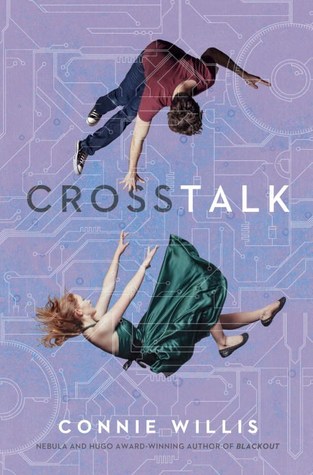
Book Review: Now You See Them by Elly Griffiths (Stephens and Mephisto #5)
I adore Griffiths’ Ruth Galloway book series and also loved her recent standalone The Stranger Diaries but, on a whole, I will admit I have not enjoyed the Stephens/Mephisto (or as it is advertised on the US cover, The Magic Men) series quite as much. The trend continues with Now You See Them.
For this, the fifth book in the series, Griffiths has skipped ten years, thus the post war 50s has morphed into the swinging 60s. I really enjoy books set in the 50s, where PTSD from WW2 is so prevalent and am less interested in the 60s as I find the era is just a bit overused generally in books, movies, television etc.
The book opens with my favourite character of the series, the Great Diablo, having passed away, bringing everyone back to Brighton for the funeral. Edgar is now the Super and is married to Emma who, as such, has had to resign from the police force. With three children, she is kept busy but largely dissatisfied with her housewife/mother status. Max is married to a famous Hollywood actress and Ruby is the star of her own tv series. Their reunion is disrupted when a young girl from the local boarding school (which Emma attended) goes missing.
The crime itself is satisfying enough, there are a lot of red herrings and, as Max would say, misdirection, meaning I was not really sure whodunnit. I did guess a couple of key points, however and, as per usual, I would have preferred Edgar to be more involved. He takes the backseat yet again though and it’s Emma who is the focus of this installment.
I have been a bit indifferent towards Emma’s character until now and I’m still not feeling the love completely. I understand Griffiths is using her to highlight some important points, especially when it comes to feminism (as she also does with the introduction of another female police officer, Meg) but sometimes I think writers need to just show the readers misogyny in a more organic way instead of pushing it straight down our throats.
Classism and racism are also themes of the book and again, it feels heavy handed. Maybe writers need to remember not every reader is too stupid to understand subtlety.
Max’s lovelife is another thing I’m starting to feel indifferent about. Although he turns up married in this book, it’s glaringly obvious he will soon be taking up with yet another different woman and Griffiths will work in yet another love triangle into one of her books. *sigh* Unlike Edgar though, at least Max does get to do some sleuthing, which is a bonus.
With the new 60s setting, Griffiths took the opportunity to include the Brighton riot/clash between the Mods and Rockers. This real life historical gang war is always interesting (and so very English!).
Out of all the books of the series I thought this one felt much more ‘cosy mystery’ than the others and I recommend it to fans of that genre that are looking for a decent story. Now You See Them is very standalone too. I think new readers will pick up on most of the previous plot points fairly easily.
The Zig Zag Girl is still the best of the series but I think there are worse books you could pick up than this and I will probably keep going with the series in the future.
4 out of 5



